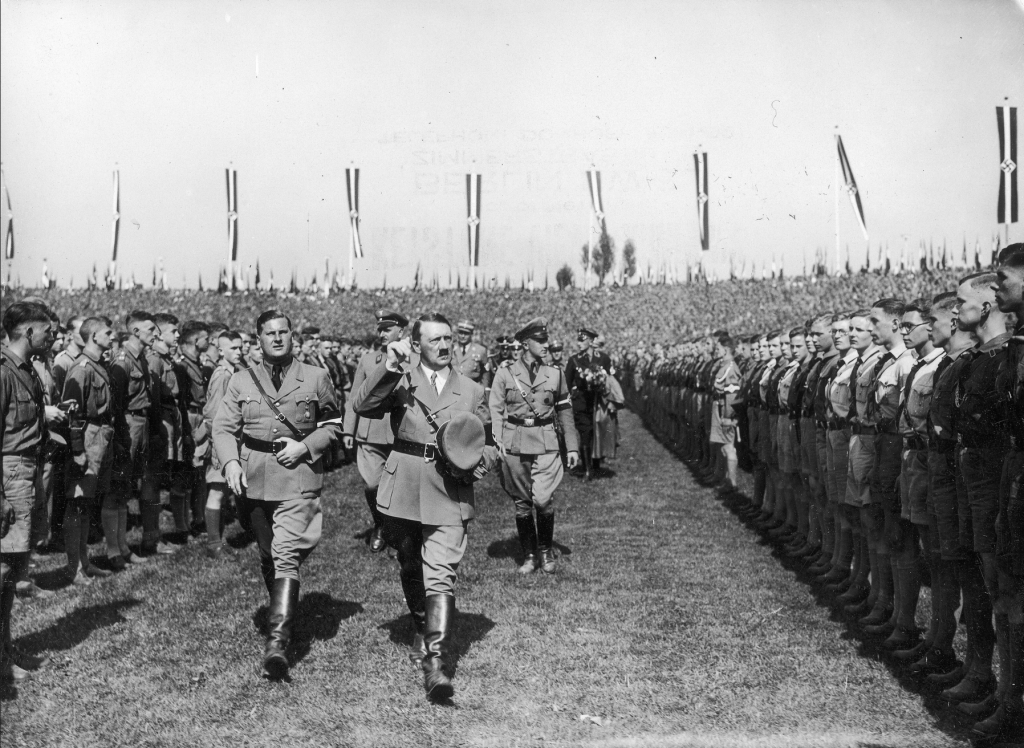The article explores the parallels between Charlie Kirk, the founder of Turning Point USA, and Baldur von Schirach, a high-ranking official in the Hitler Youth. It argues that both figures leveraged their charismatic appeal and sponsored backing to draw youth into nationalist movements, albeit under different contexts. Duane Larson draws comparisons in their early devotion to authoritarian leaders and the ways they exploited religious and social naiveté to propagate their ideologies, emphasizing shared themes of racial and gender superiority.
While Kirk’s death cut short potential self-reflection on his ideological commitments, both figures remained responsible for the youth they influenced. The article posits that their success stemmed from exploiting a similar desire for “freedom from” oppression, a tactic that attracts individuals seeking relief from economic and social constraints. This perspective echoes Tim Snyder’s analysis on freedom, suggesting that an understanding of freedom must also consider obligations to others.
Larson further delves into theological concepts of freedom as shaped by figures like Martin Luther, arguing that genuine freedom involves a responsibility to neighborly care. He warns against a narrow understanding of freedom that lacks compassion and truth, asserting that this leads to desensitization and manipulation in political discourse.
Ultimately, Larson raises concerns about the generational contexts that allow such ideologies to flourish, drawing a parallel between past authoritarianism and current trends. He implores readers to remember the lessons of history while examining their beliefs to prevent the emergence of modern fascism. The article underscores the need for a deeper understanding of freedom, community, and morality in contemporary political landscapes.



